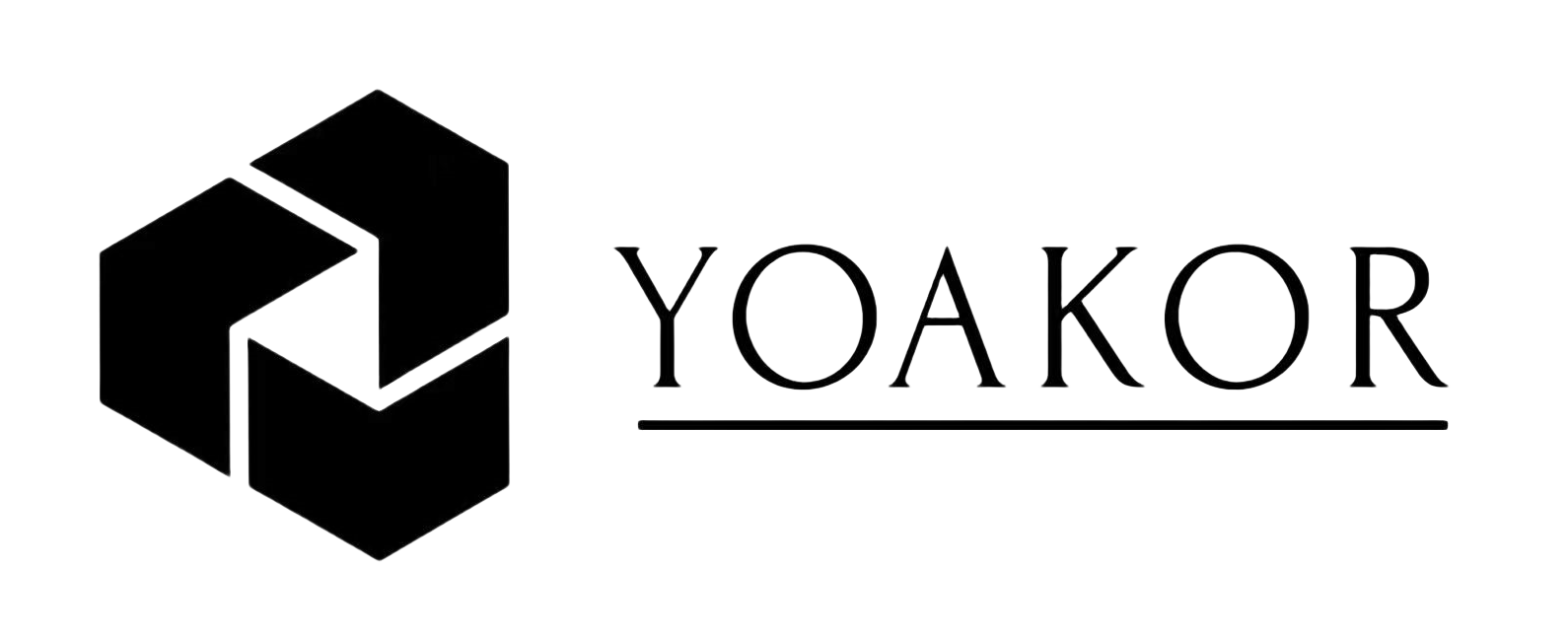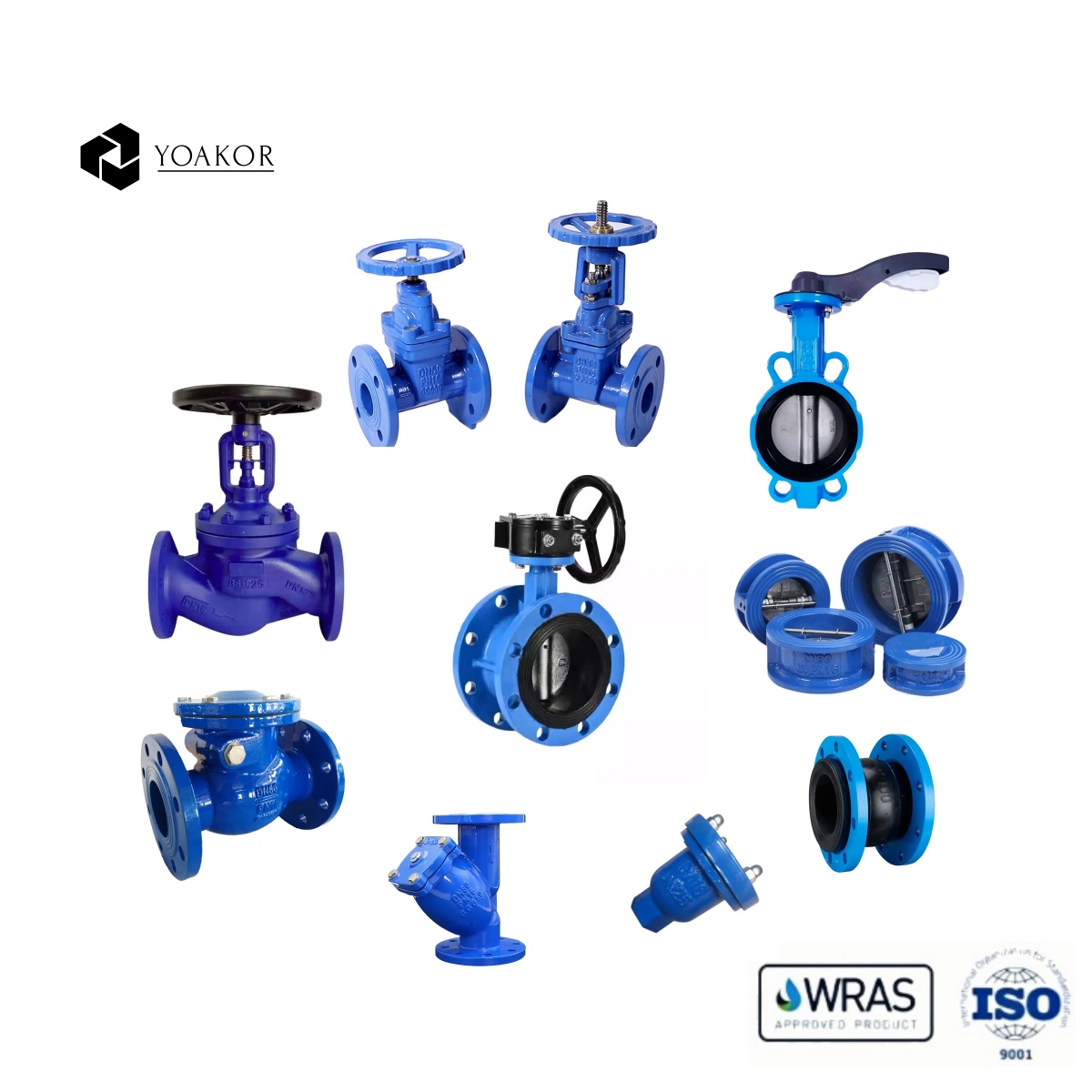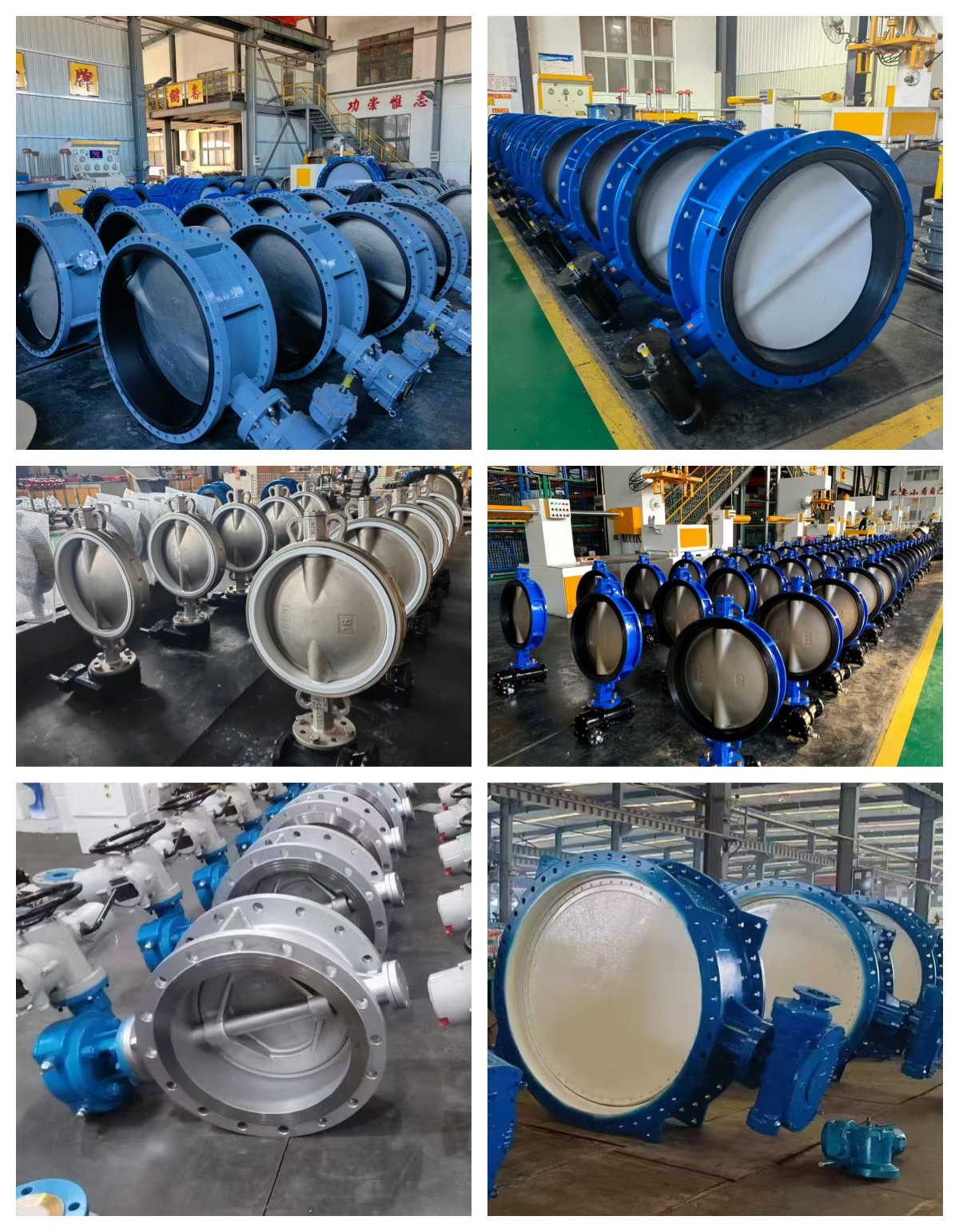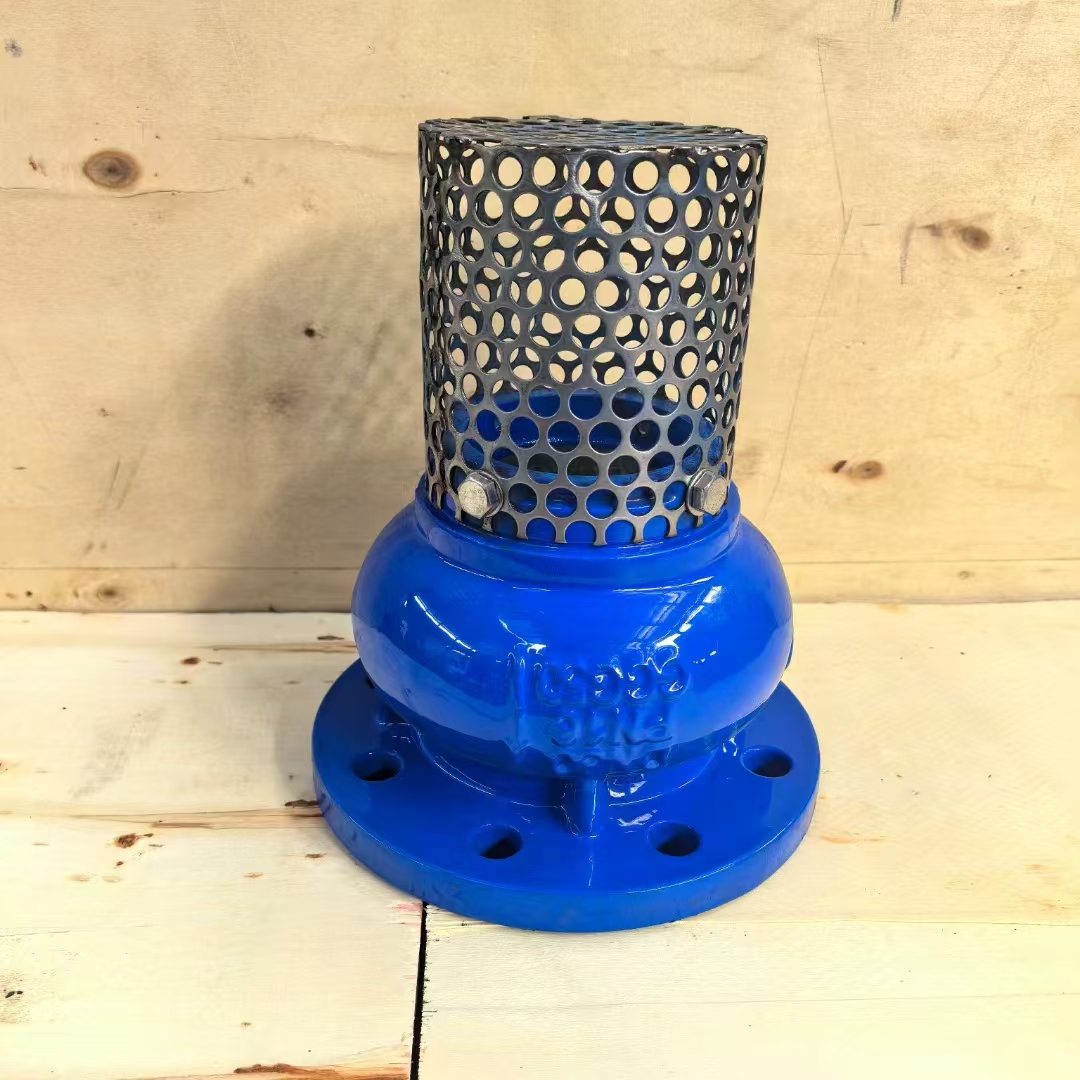Soft sealing materials:
(1) Nitrile rubber (NBR). Nitrile rubber has excellent oil resistance; its heat resistance is better than natural rubber and styrene-butadiene rubber; its air tightness and water resistance are good. Nitrile rubber can be divided into NBR-18, NBR-26 and NBR-40. NBR is suitable for petroleum products, benzene, toluene, water, acid and alkali media with a temperature of -60 to +120 degrees.
(2) Fluororubber (FKM). Fluororubber is heat-resistant, acid-resistant, oil-resistant, saturated water-resistant and steam-resistant, has small permanent deformation under compression and good air tightness. Fluororubber is suitable for petroleum products, water, acid and alcohol with a temperature of -30 to +220 degrees.
(3) Polytetrafluoroethylene (PTFE). Polytetrafluoroethylene is resistant to high temperature and chemical corrosion, has a low friction coefficient, but has low mechanical strength, is easy to creep and has low elasticity. It is suitable for corrosive media with a temperature of less than or equal to 170 degrees.
Metal sealing materials
(1) Copper alloy. Copper alloy has good corrosion resistance and wear resistance in water or steam. It is suitable for media with PN ≤ 1.6MPa and temperature not exceeding 200 degrees. It can be fixed to the body by ring structure or surfacing and casting. Common grades are ZCuAl10Fe3 (aluminum bronze) and ZCuZn38Mn2Pb2 (cast brass).
(2) Chromium stainless steel. Chromium stainless steel has good corrosion resistance and is usually used for water, steam and oil, and media with temperature not exceeding 450 degrees. Common grades are 2Cr13 and 1Cr13.
(3) Stellite alloy. Stellite hard alloy has good corrosion resistance. It has good comprehensive properties such as erosion resistance and abrasion resistance. It is suitable for valves of various purposes and various media with temperature of -268 to +650 degrees, especially highly corrosive media. It is one of the more ideal sealing surface materials. Stellite alloy is often surfacing due to its high price.
(4) Nickel-based alloy. Nickel-based alloys are another important material in the field of corrosion resistance. There are three commonly used sealing surface materials: monel, Hastelloy B and Hastelloy C. Monel is the main material resistant to hydrofluoric acid corrosion and is suitable for alkali, salt, food, and acid solvent media without air at temperatures of -240 to +482 degrees. Hastelloy B and Hastelloy C are the most corrosion-resistant materials among valve sealing surface materials. They are suitable for corrosive mineral acids, sulfuric acid, phosphoric acid, wet HCl gas, and strong oxidizing media at temperatures of 371 degrees (hardness 14RC); at the same time, they are suitable for chlorine-free acid solutions and strong oxidizing media at temperatures of 538 degrees (23RC).
(5) Iron-based alloys. Iron-based alloys are newly developed sealing surface materials in my country. Their wear resistance and abrasion resistance are better than 2Cr13, and they have certain corrosion resistance and can replace 2Cr13. They are suitable for non-corrosive media with temperatures less than or equal to 450 degrees. Commonly used grades are WF311 and WF312 iron-based powders.








